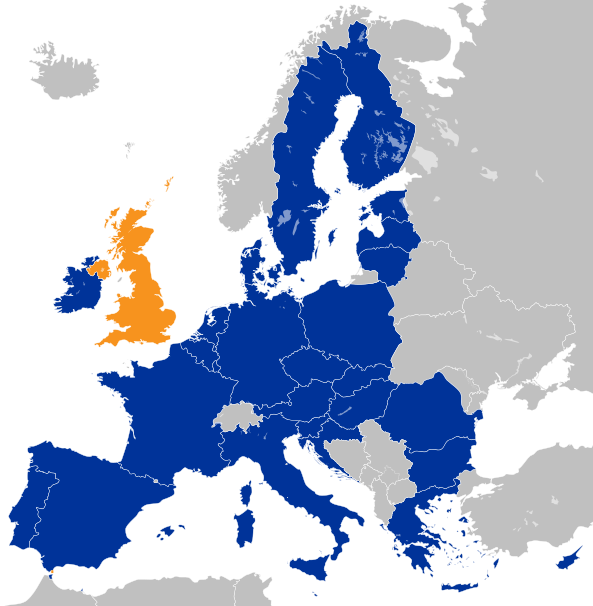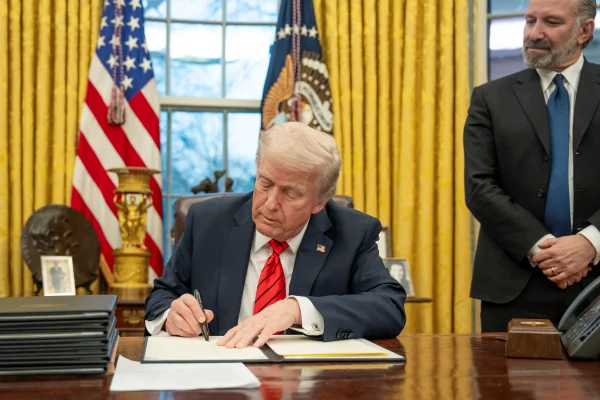Brexit: What It Is and Why It Matters
The British held a referendum in 2016 on whether they should leave the European Union. They let the British population decide. The vote ended up being 52% in support of leaving the EU. Hence a “British Exit,” or “Brexit.”
This started the process. Their departure date was to be the 29th of March, 2019. But that was eight months ago.
The country and its government stand divided when it comes to whether or not to leave the EU. They are unable to agree on perhaps the country’s biggest peacetime decision in its history. This struggle has already cost one Prime Minister her job, Theresa May, and now, Prime Minister Boris Johnson is leading the Brexit charge.
Johnson is extremely adamant that Britain leave the European Union, so much that he has said that if an agreement cannot be reached, he will pull Britain out without any negotiations.
Since Britain is heavily involved in economic and foreign affairs in Europe, for them to leave without negotiating a deal would effectively be like cutting ties between them and the rest of Europe. Britain would become economically independent. If they were to cut ties, it could lead to major economic devastation to the British economy; British economic affairs are entwined within the European Union.
If Britain were to separate itself from Europe without negotiating a deal, Britain as a country could be in some real strife. Europe is Britain’s most important export market and its biggest source of foreign investment. Membership in the EU has helped London cement its position as a global finance center, according to The New York Times.
Under Brexit, Britain would leave, and many companies have threatened leaving Britain because of Brexit. One company is Airbus, the airplane manufacturer, which employs over 100,000 workers across Britain. If Airbus were to leave Britain because of Britain’s departure from the EU, 100,000 British citizens would be searching for new jobs
According to The New York Times, the British government predicted that the British economy will be four to nine percent smaller if Brexit were to happen. That’s a huge amount of money.
There are two ways the British government can leave the European Union: a soft exit, or a hard exit.
A soft exit would entail that Boris Johnson and the European Union leaders come to an agreement on certain policies and economic positions. This would help Britain leave the European Union without suffering too much economic distress.
A hard exit, on the other hand, would occur if Boris Johnson decides to pull Britain from the European Union without coming to an agreement on these policies.
According to BBC News, on the 31st of October, the British Parliament passed a bill saying that a general election will now be held on December 12th, which has now since been changed to December 9. This general election has huge implications towards the Brexit deal.
If Boris Johnson and the conservative party win the election, and the conservatives gain more seats within the House of Commons, passing the Brexit bill through parliament will be easier and will likely include a deal.
If the Labour party wins the election, and Jeremy Corbyn becomes the new Prime Minister, then the Brexit deal will be stopped almost certainly, and Britain’s bid to leave the EU will be no longer.
If everything remains the same following the election, and Boris Johnson is still Prime Minister, negotiations will most likely move forward to have the British leave the EU.
The deadline for Brexit was the 31st of October, 2019, but has since been extended to the 31st of January, 2020.
Cooper is a PG from Australia. He likes to play basketball in his free time. He also likes to beat Wol in FIFA. He has four brothers and had kangaroos...












